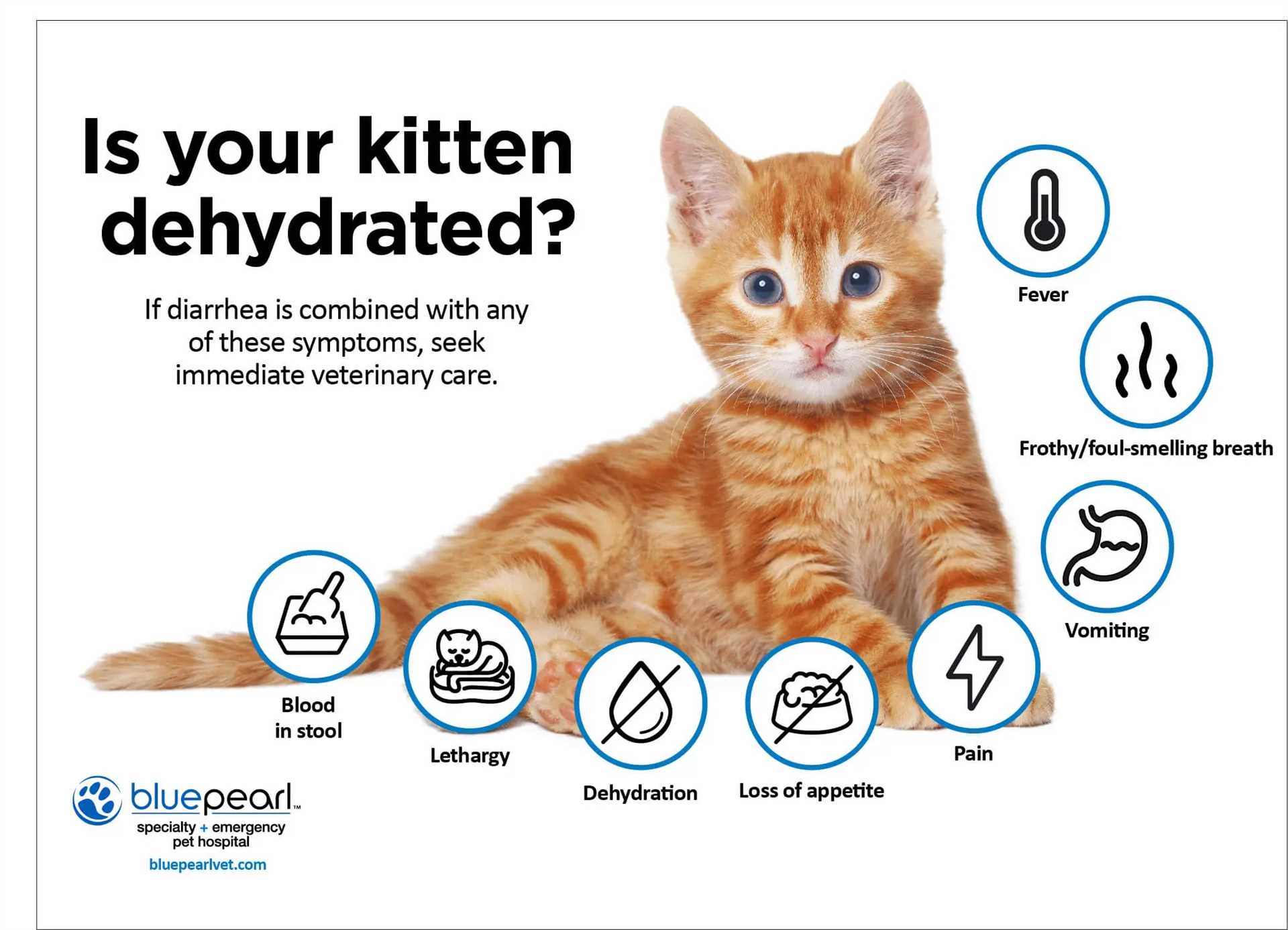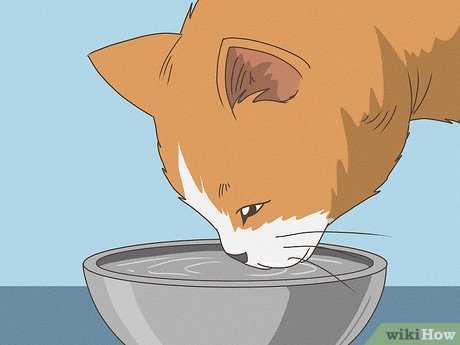



First things first: hydration is key. Always ensure fresh, clean water is available. If there’s a sudden change in litter box habits, it’s crucial to keep that water bowl filled. Dehydration can sneak up quickly.
Next, consider a temporary switch to bland foods. Options like boiled chicken or plain rice can help soothe an upset stomach. Gradually reintroducing regular meals can assist in recovery, but patience is necessary.
Monitoring behavior is essential as well. If there’s lethargy or continued discomfort, a visit to the vet becomes necessary. Observing closely can provide insights into whether additional help is needed.
Lastly, consistency in diet is important. Avoid sudden changes in food, as this can upset the digestive system. Stick to a schedule and maintain a balanced diet to promote overall well-being.
Identifying the Causes of Diarrhea in Cats
Understanding the underlying reasons for digestive upset begins with observing specific symptoms. Common causes include dietary indiscretion, such as consuming spoiled food or unfamiliar treats. Sudden changes in diet can also lead to gastrointestinal disturbances. Parasites, infections, or underlying health issues are other frequent culprits.
Key Factors to Consider

Identifying contributing factors is vital. Here’s a table summarizing common causes:
| Cause | Description |
|---|---|
| Dietary Changes | Switching food brands or types can disrupt digestion. |
| Parasites | Worms or protozoa can cause intestinal upset. |
| Infections | Bacterial or viral infections may lead to diarrhea. |
| Food Intolerance | Some felines may react poorly to specific ingredients. |
| Stress | New environments or changes in routine can affect digestion. |
Behavioral Signs
Pay attention to behavioral changes. A bored feline might resort to eating inappropriate items. Engaging toys can help reduce such behavior; check out interactive cat toys for bored cats. If stress is suspected, consider environmental adjustments or enrichment.
Also, monitor hydration levels. Dehydration is a serious risk associated with digestive issues. If symptoms persist, a visit to the vet is recommended. Always ensure that health concerns are addressed promptly.
For those with dogs, understanding invisible fences might be beneficial; read about it here.
Hydration Solutions for Diarrheic Cats
Electrolyte solutions specifically designed for pets can restore balance during episodes of loose stools. Products such as unflavored Pedialyte help replenish lost fluids and minerals. A recommended ratio is one part electrolyte solution to two parts water for dilution.
Fresh water should always be available. Encouraging intake can be aided by using a water fountain or adding water to kibble. Wet food can also serve as a hydrating option, as it contains high moisture content.
Chicken or beef broth, low in sodium, can entice hydration. Ensure there are no onions or garlic, as these are harmful. Freezing broth into ice cubes can provide a refreshing treat while supporting fluid intake.
Monitoring hydration is crucial. A simple skin tent test can indicate fluid levels; gently pinch the skin on the back of the neck. If it doesn’t spring back quickly, hydration might be compromised.
Consultation with a veterinarian is advisable if symptoms persist beyond 24 hours, or if there are signs of severe dehydration, such as lethargy or dry gums. Regular check-ups can guide management strategies to maintain optimal hydration and health.
Recommended Dietary Changes for Felines Experiencing Loose Stool
Introduce easily digestible, high-quality protein sources like chicken or turkey. These options help to soothe the digestive system while providing necessary nutrients.
Incorporate Fiber-Rich Ingredients

Add a small amount of canned pumpkin or cooked sweet potato to meals. These ingredients can help firm up stool consistency and regulate bowel movements.
Select Specialized Formulas
Consider switching to a veterinary-prescribed diet designed specifically for sensitive stomachs. These formulas often contain prebiotics and probiotics to support gut health.
When to Consult a Veterinarian for Diarrhea
Signs that indicate a visit to the vet is necessary include:
- Persistent loose stools lasting more than 24 hours.
- Presence of blood or mucus in the stools.
- Accompanying symptoms such as vomiting or lethargy.
- Signs of dehydration, like dry gums or excessive thirst.
- Recent ingestion of potentially harmful substances.
- Weight loss or decreased appetite over several days.
Consulting a professional becomes critical if any of the following conditions arise:
- Age-related concerns: Kittens or senior felines are more vulnerable.
- Underlying health issues, such as diabetes or kidney disease, complicate the situation.
- Travel history that may suggest exposure to infectious agents.
Immediate attention is crucial in severe cases, particularly when symptoms worsen or do not improve. A timely evaluation by a veterinarian can prevent further complications and ensure a prompt recovery.
Over-the-Counter Medications Safe for Cats
Activated charcoal can help absorb toxins in the digestive tract. A small dose mixed with food may aid in recovery. Always check the packaging for specific dosage instructions based on weight.
Probiotic Supplements
Probiotic powders or capsules designed for felines can restore gut flora. Look for products containing beneficial bacteria such as Lactobacillus or Bifidobacterium. Follow the recommendations on the label for proper administration.
Anti-Diarrheal Medications
Loperamide is sometimes suggested for felines, but consultation with a veterinarian is crucial before use. Dosage must be carefully calculated to avoid toxicity. Alternatives include kaolin-pectin products, which can provide soothing relief for upset stomachs.
Monitoring Recovery and Preventing Future Episodes
Observe behavior closely. Ensure normal activity levels return within a few days. Keep track of stool consistency; gradual improvement is a positive sign. Record any changes in appetite or energy, as these can indicate underlying issues.
Consider maintaining a food diary. Document meals and any reactions to specific ingredients. This will help identify potential triggers or problematic foods. Gradually reintroduce regular diet items to pinpoint any negative responses.
Hydration must remain a priority. Monitor water intake to prevent dehydration. Offer fresh water consistently, and consider using a pet fountain to encourage drinking. Regularly check for signs of dehydration: dry gums, lethargy, or decreased skin elasticity.
Regular vet check-ups play a significant role in long-term health. Schedule routine visits to monitor weight and overall wellness. Discuss any recurring gastrointestinal issues with the veterinarian to adjust dietary plans or medications as needed.
Preventive measures include maintaining a consistent diet. Avoid sudden changes in food, which can upset the digestive system. Introduce new foods gradually, allowing the digestive tract to adapt.
Keep stress levels low. Create a calm environment, and provide safe spaces for relaxation. Sudden changes in routine or environment can lead to digestive disturbances.
Always stay vigilant. If any signs of distress return, consult a vet immediately. Early intervention can prevent more severe health issues down the line.









